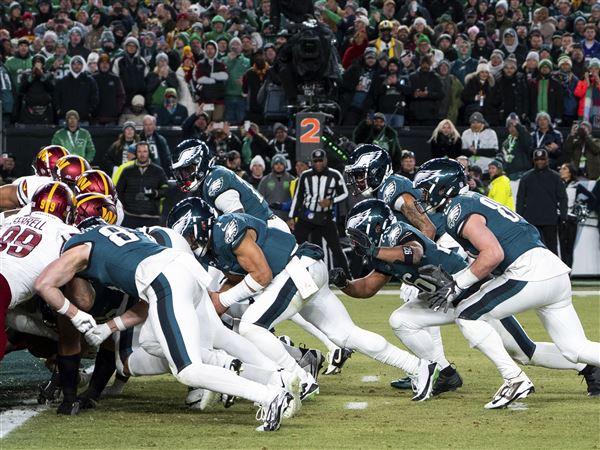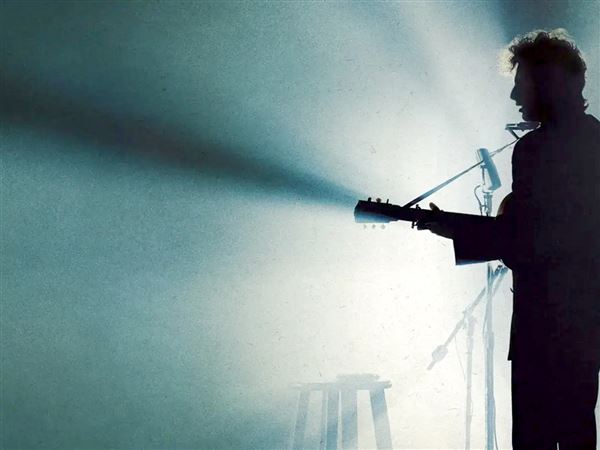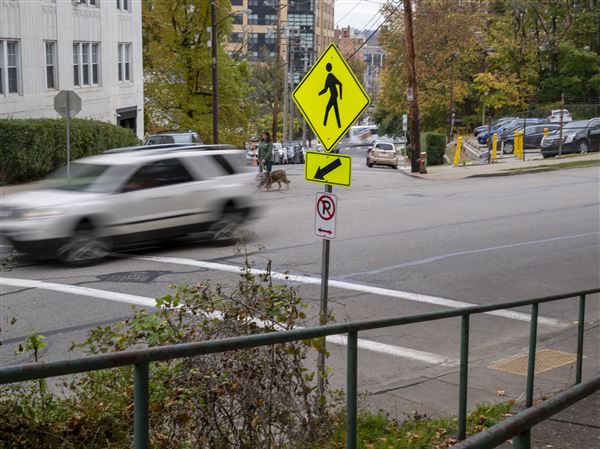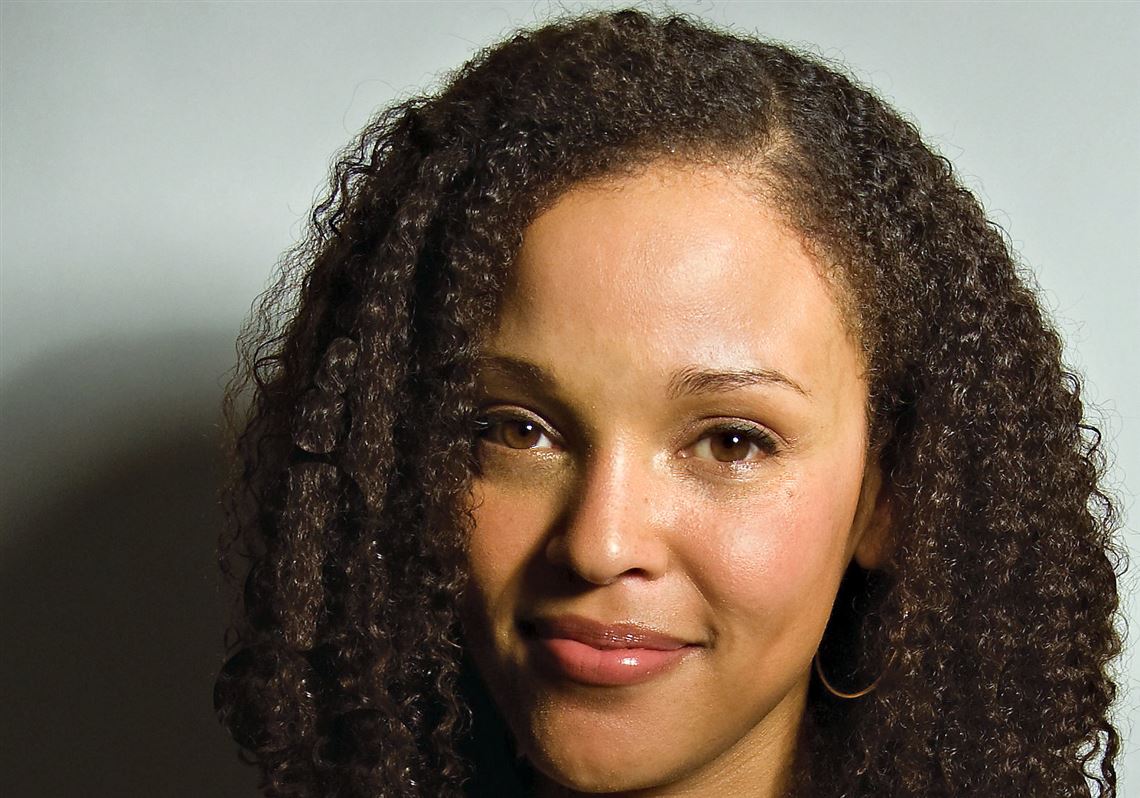laj
In her 2011 National Book Award acceptance speech for her prize-winning novel “Salvage the Bones,” author Jesmyn Ward said that after her brother Josh was killed by a drunk driver in 2000, she realized not only that she had to become a writer, but that she had to write about “the experiences of the poor, the black, and rural people of the South so that the culture that had marginalized us for so long would see that our stories were as universal, our lives as fraught, as lovely, and important as theirs.”
When and Where: 7:30 p.m. Monday, Carnegie Music Hall, Oakland.
Tickets: pittsburghlectures.org or 412-622-8866
Ms. Ward has been true to her word.
All of her works, from her 2008 debut novel, “Where the Line Bleeds” to “Salvage the Bones” and her latest, a memoir, “Men We Reaped,” are concerned with what it means to be black and poor in today’s South. The relationships between siblings and parents are always inflected with the intertwining politics of race, gender, and class in the South.
“Salvage the Bones” tells of a 14-year-old girl, Esch, who discovers she is several months pregnant just days before Hurricane Katrina. She is the only female in an all-male family marked by poverty, isolation, alcohol abuse and pit bull fighting. Esch’s pregnancy is mirrored by the ruthless maternity demonstrated by the novel’s only other female —a pit bull mother.
Ms. Ward speaks at 7:30 p.m. Monday in Oakland’s Carnegie Music Hall as part of the Pittsburgh Arts & Lecture series.
“Men We Reaped,” published in 2013 and shortlisted for a National Book Critics Circle award for best memoir, tells the story of five black men with whom the author grew up, including her brother, who died violent deaths as young adults. In “Men We Reaped,” Ms. Ward writes with a controlled sense of anger and injustice about a culture that tells black youth “you are nothing.”
Despite the titular focus, “Men We Reaped” also pays homage to the author’s mother who held the family together. Ms. Ward’s mother raised four children mostly on her own and supported her children by working as a maid for a wealthy white family.
“When I was much younger, I looked at my mother’s past and present and all I saw was misery. I saw her dealing with abandonment. She spent her days just working very hard and I was afraid that that would be my future as well,” Ms. Ward said on the phone from DeLisle, Miss.
The experience of writing the book brought fresh insight into both her brother’s life and her mother’s.
“Suddenly I was able to see all of the ways that I had misread and misunderstood my mother in some respects when I was growing up,” she said.
Women, Ms. Ward commented, seem to deal with this social injustice differently than men.
“We’re doing the work. We’re keeping the family together. We’re grieving. The young men don’t react in the same way. … It’s more acceptable for them to self-medicate, to live very dangerously, whereas with young women, it seems like there’s less space for that,” she said.
Ms. Ward finds inspiration in the work of novelists William Faulkner, Toni Morrison, and Edwidge Danticat, but also in poetry. The bizarre family and allusion to myth in “Savage the Bones” resembles that in Faulkner’s “As I Lay Dying”; “Men We Reaped” draws on poetry and hip-hop.
“Poetry teaches me a lot about what language can do and be on a page. Place is also really important to my work, because it has taught me a certain language . . . for how to tell stories,” she said.
Despite feelings of loss, anger and injustice, Ms. Ward is hopeful. She continues to live in her hometown of DeLisle, surrounded by an extensive family.
“There’s so much about Mississippi and the Gulf coast that frustrates me…but at the same time, I feel like there’s such a sense of community here,” she said.
“Hope has to exist in whatever I’m writing,” Ms. Ward said. “What gives me hope is when I hear my grandparents tell stories, about living in the South in the 1940s or ’50s. We have made progress in this country, and that’s not to say that we don’t have more fights to fight, because we do. . . . But when I listen to their stories, I can see that there’s been a definite change and that’s what gives me hope.”
Julie Hakim Azzam is an editor and writer (@JulieAzzam).
First Published: February 4, 2015, 5:00 a.m.













